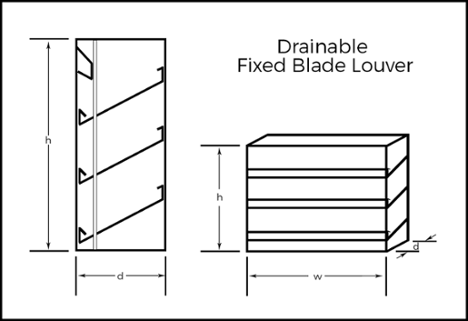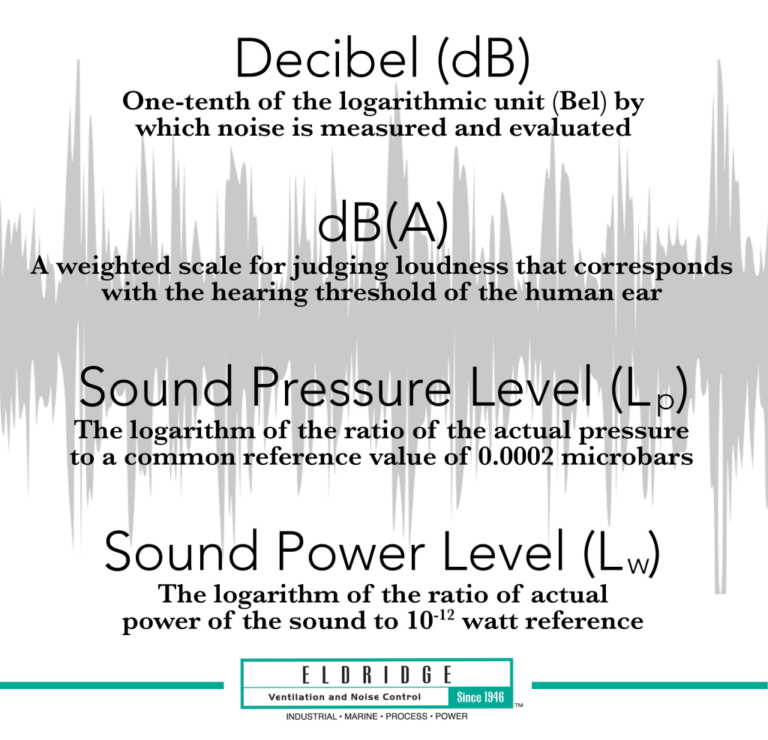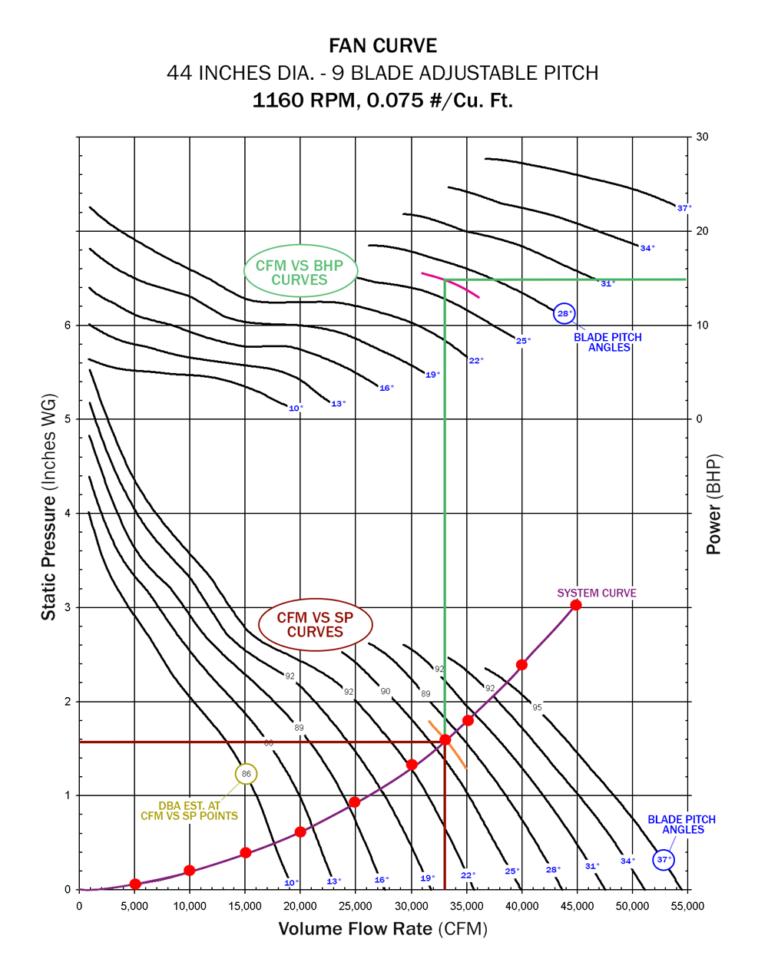Topics: Fan Engineering
Last month, we published an easy-to-use checklist to facilitate ordering a replacement fan or parts. Of course, the obvious question is: when is the best time to replace your fans? Sometimes accidents happen and you end up in an emergency situation with one of your fans out. Ideally, you want to avoid that stress. We recommend …
The Best Time to Replace Your Fans Read More »
When you’re running a facility or rig and one of your critical ventilation fans goes out, the last thing you need is to waste your time going back and forth trying to compile all the information a supplier needs before you can begin solving the problem. Sometimes the fan is located in an area that’s …
The Easiest Way to Order Replacement Fan Parts Read More »
A louver is a simple air system component that allows the passage of air from one side of a vertical opening in a wall, plenum, or bulkhead to the other side of the opening, while at the same time, depend on its design, prevents water, dust, or sand from traveling through the opening. Below is …
This month, we celebrate the wonderful mathematical constant π! Since 1988, physicists, mathematicians, engineers, and other number-enthusiasts have celebrated Pi Day on March 14 (3/14) every year. The event is marked with lively discussions about Pi, contests to see who can recite the most decimal places, and, of course, lots of pie! 2015 is a …
Pi Day 2015 – How Fan Engineers Celebrate Read More »
Sound or noise is a physical occurrence. It is also what we hear. Interestingly, “sound happens” whether or not anyone is around to actually hear it. Fortunately, sound is governed by natural laws so we can measure, predict, and use it to our advantage. In this article we will discuss how to measure fan noise …
How to Measure Fan Noise Read More »
If you’ve never worked with a fan curve graph before, it can look intimidating. But don’t fear, it’s actually very straightforward once you break it down. Learning how to read a fan curve will allow you to choose the best fan for the job, as long as the fan is properly tested and certified. The …
How to Read a Fan Curve Read More »
Back in the Dark Ages of 1976, before we all had computers sitting on our desks and when engineers still used slide rules, I came to work at Eldridge as a very young sales engineer. At that time, I was given some advice by an older Eldridge engineer (my dad, Walter Leseman) that I am pleased …
The 3 Basic Fan Laws Read More »







